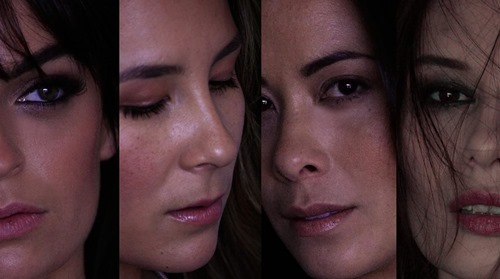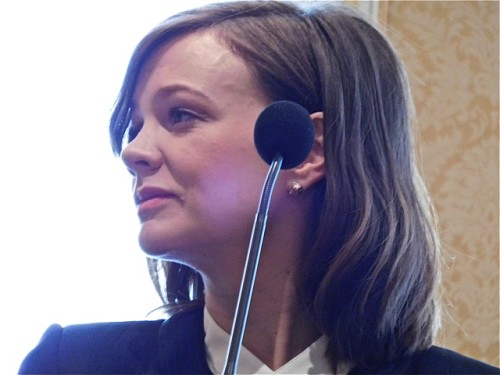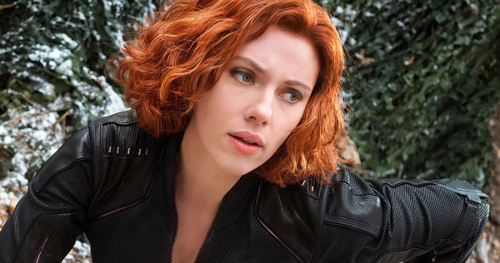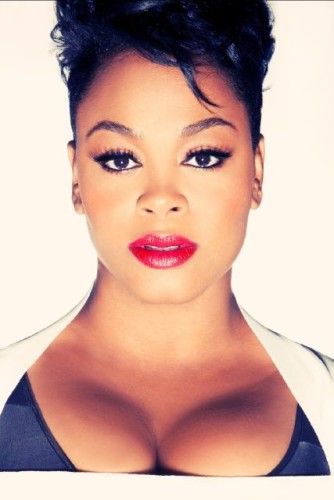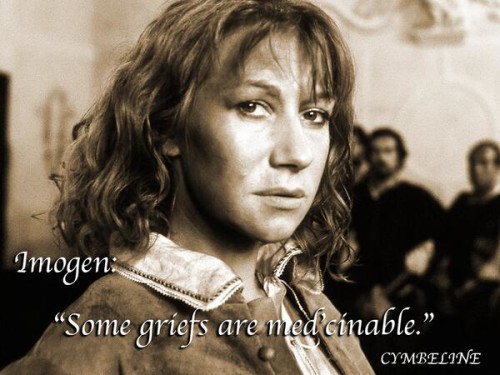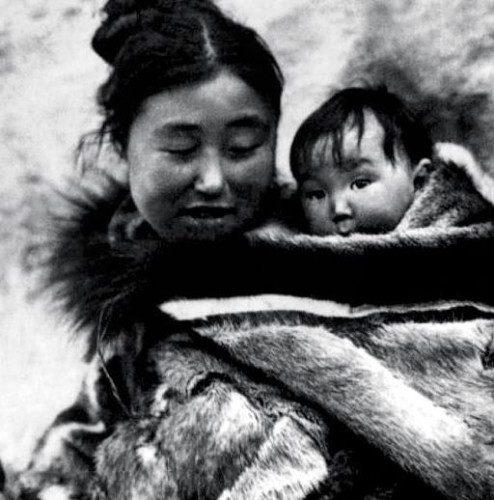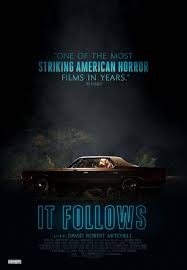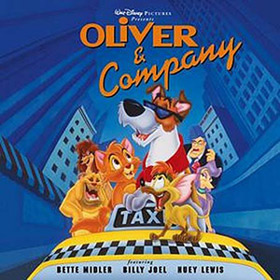The Love Quadrangle with 10 Million Views: Julie Kalceff Answers our Question about Her Lesbian Web Series, ‘Starting From… Now!’
In recent years, web series have emerged as a platform for LGBT stories – so much so that that Bitch magazine named 2014 the summer of lesbian web series. Just as technology has helped to democratize other forms of story-telling, the falling price of video and audio production, and free delivery platforms like YouTube, have created a world where content that would be a tough sell for network television can find a niche audience online. The crowd-funded Australian web-series ‘Starting From… Now!’ provides a good example of how creators can connect with fans through content, despite their budget limitations.
